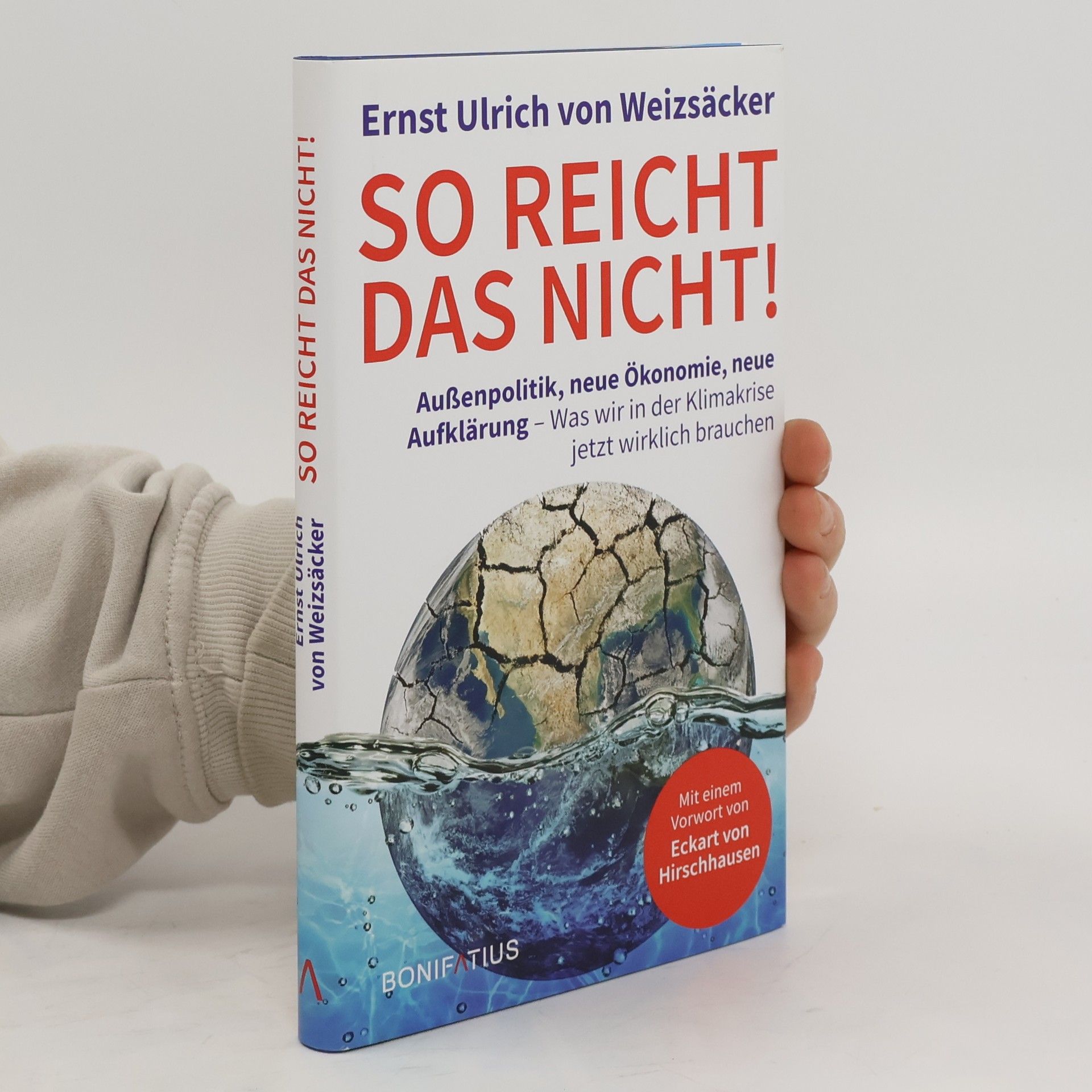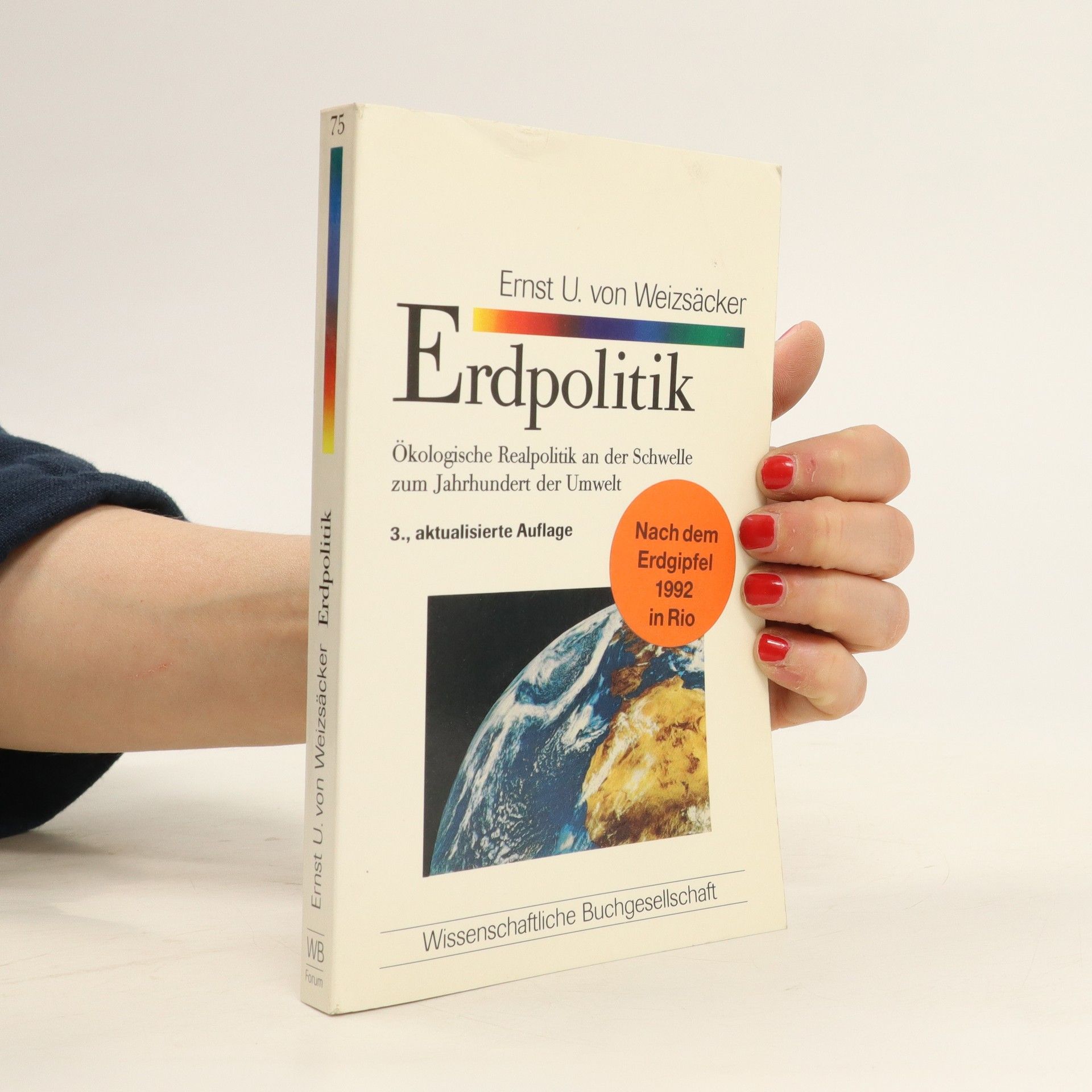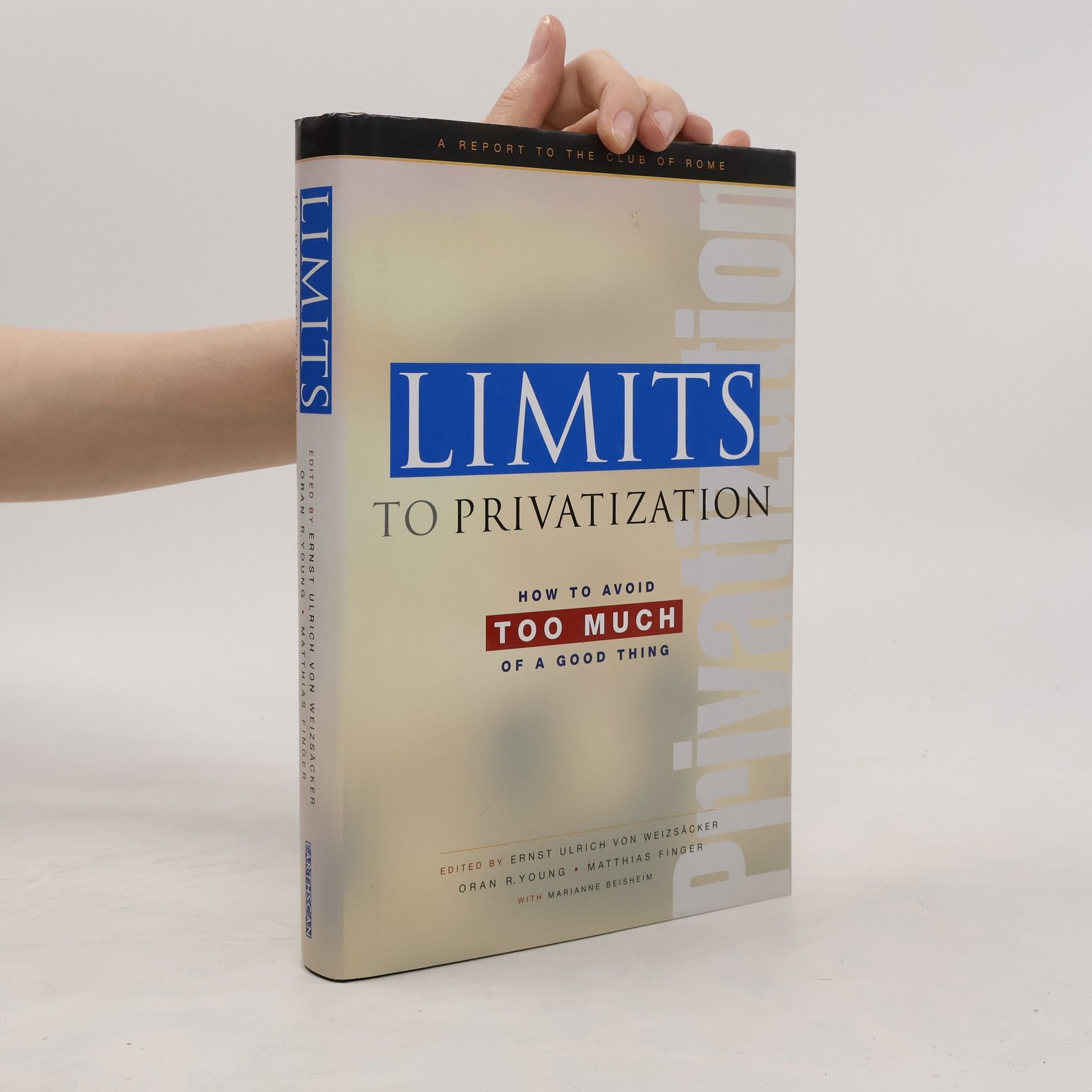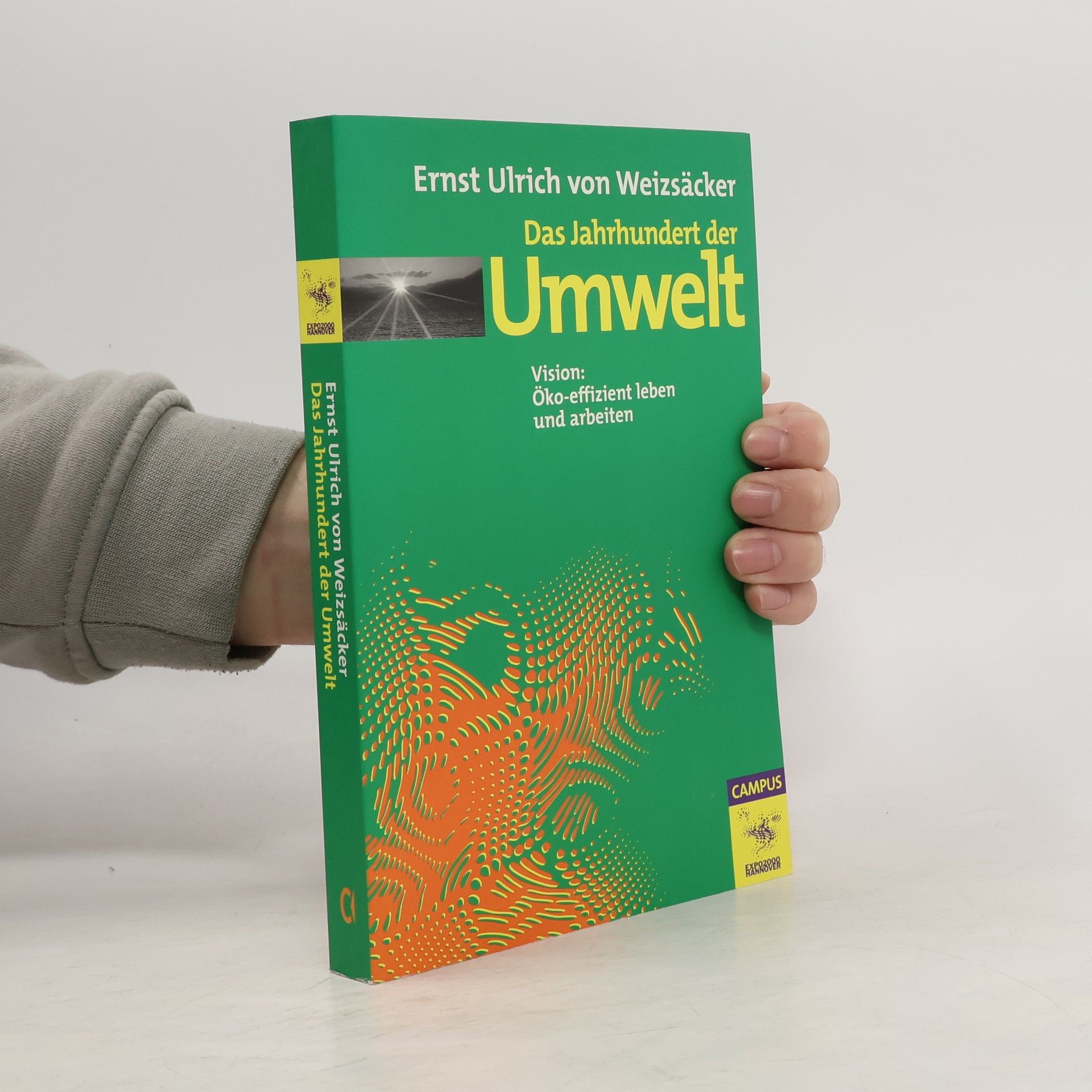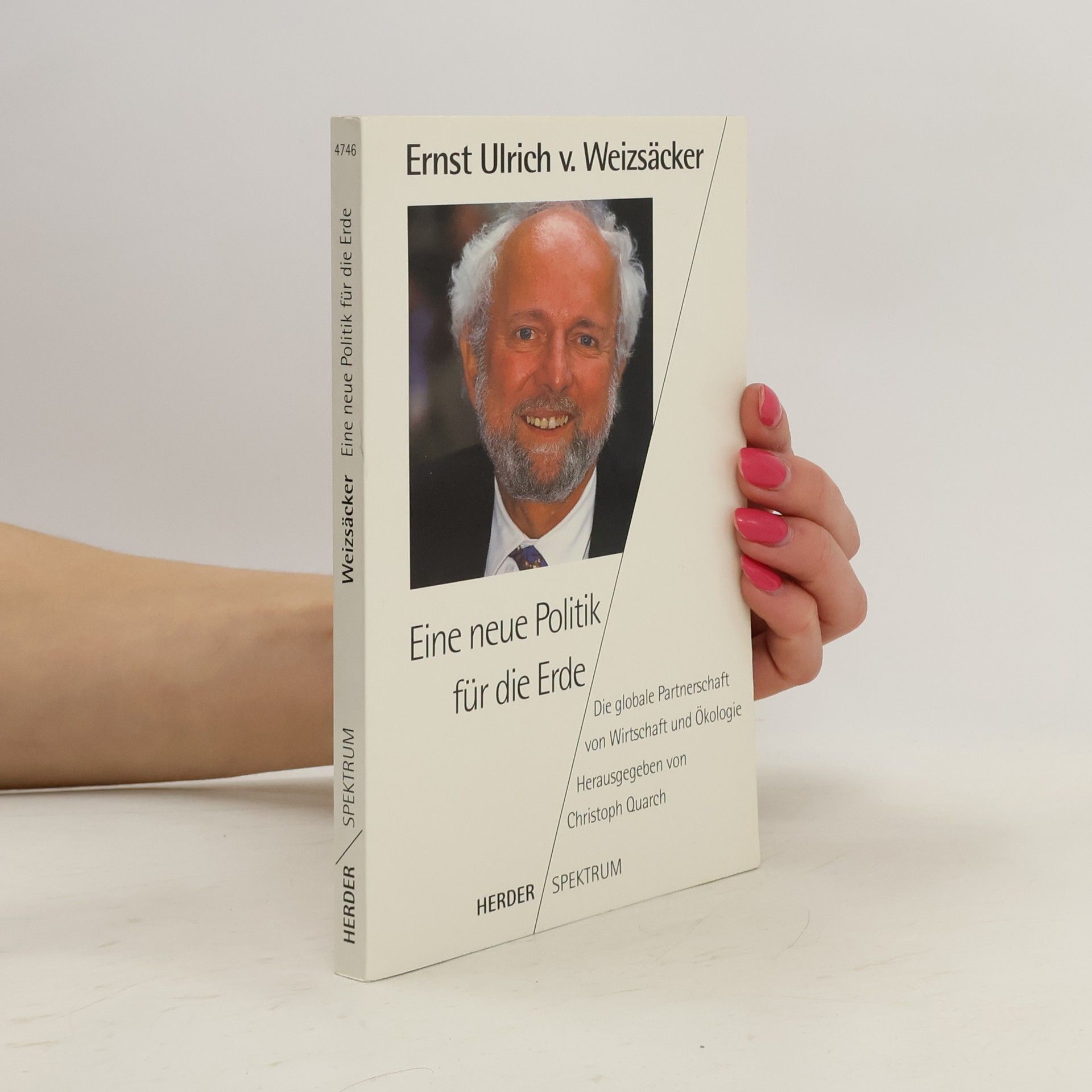So reicht das nicht
Außenpolitik, neue Ökonomie, neue Aufklärung - Was wir in der Klimakrise jetzt wirklich brauchen
Der Klimaschutz erfordert unsere volle Aufmerksamkeit: Fünf Jahre nach dem Pariser Abkommen hat die Konferenz 2021 in Glasgow keinen signifikanten Fortschritt im Kampf gegen die globale Erwärmung erzielt. Ernst Ulrich von Weizsäcker analysiert scharfsinnig die Folgen von Globalisierung, unkontrolliertem Wachstum und Materialismus. Er warnt eindringlich vor den drastischen Konsequenzen der Erderwärmung für Mensch und Natur und bietet klare Handlungsempfehlungen für Politik, Wirtschaft und Gesellschaft. Sein 7-Punkte-Programm fordert entschlossenes Handeln, um den Klimawandel zu bekämpfen. Von Artensterben bis Ressourcenknappheit beschreibt er die existenziellen Folgen des Klimawandels und bietet verständliche Analysen. Weizsäcker, ehemaliger Co-Präsident des Club of Rome, präsentiert kluge Ideen für den Klimaschutz auf globaler und persönlicher Ebene und betont die Notwendigkeit einer neuen Außenpolitik und Ökonomie. Vor 50 Jahren veröffentlichte der Club of Rome die Studie "Die Grenzen des Wachstums", die die zeitnahe Erreichung des Endes weiterer Möglichkeiten aufzeigte. Da nationale Maßnahmen heute oft unzureichend sind, skizziert Weizsäcker eine "Neue Ökonomie" zur Regulierung der globalisierten Wirtschaft und fordert mehr internationale Zusammenarbeit im Umweltschutz. Sein Appell für eine neue Klimapolitik inspiriert und motiviert zur aktiven Teilnahme an Veränderungen.

